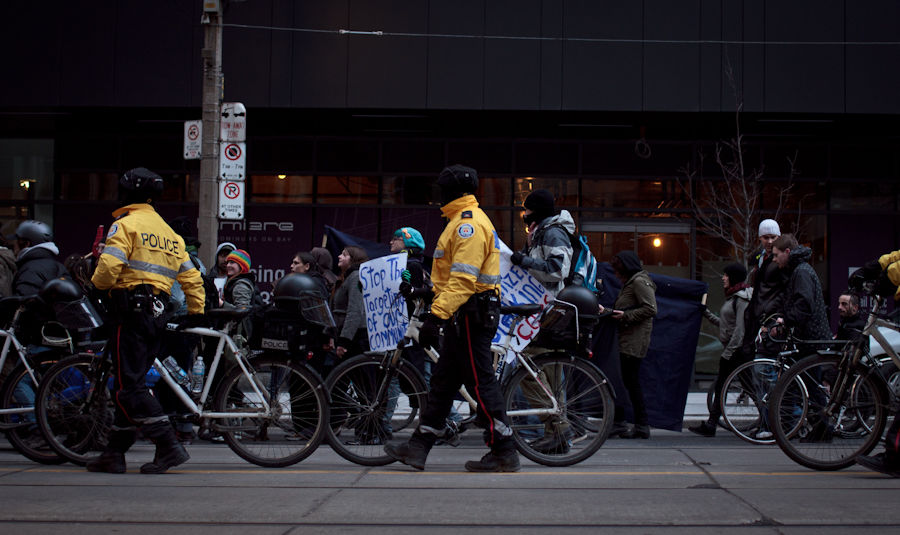Tibbs: Reform through defunding
June 11, 2020
The widespread protests across the nation in the wake of George Floyd’s death have led to a number of proposals and calls for police reform. A large number of activists argue that we need to defund the police, leaving many people confused and unsure of what exactly that entails.
So, what exactly does it mean to defund the police?
It might depend on who you ask, but the basic idea is the same. It’s not about getting rid of the police or stripping police departments of all of their money. Those who advocate for defunding argue that we need to shift our focus and resources from policing to building healthy and equitable communities. They say that the things communities need most are being underfunded, such as housing and education.
Meanwhile, the amount of money spent on policing and incarceration in America is disproportionate to how much we spend on social programs compared to our peer nations. We spend nearly double on police, courts and prisons than we do on welfare, supplements for income and food stamps.
In terms of incarceration, the United States has the highest rate in the world, higher than both democracies such as Germany and authoritarian states like Russia.
The state of Oklahoma alone had an incarceration rate of 1,079 per 100,000 people in 2018 — a rate higher than nearly every other nation. Iowa incarcerated 568 people out of every 100,000, similar to Turkmenistan and Cuba.
We also can’t ignore the high rate of civilians being killed by the police. Over 1,090 people were shot and killed by the police in 2019 — and 99 percent of killings in the last five years did not result in the officer involved being charged with a crime.
There were more fatal police shootings in America during the first 24 days of 2015 than the previous 24 years in England and Wales.
Minneapolis, where George Floyd was murdered by a police officer a few weeks ago, spends around 36 percent of its general fund budget on policing. Police departments often receive the biggest portion of funding available in a city’s budget. There are many resources available to police officers and departments other agencies don’t have, so why are incidents of police brutality still so prevalent?
Police departments are funded by their city. Like any other city agency, they can be subject to fiscal mismanagement and misuse of funds. With so much money being poured into police departments while cases of police brutality and misconduct continue — including at the very protests decrying their use of force — it seems more than reasonable to ask if the funds provided for police departments are being used in an effective manner.
Are we prioritizing police departments at the expense of other community needs — housing, education and other social services that have the ability to improve the lives of the residents of the community?
Defunding is one of many different proposals and ideas for reforming the way policing in America works now. Trust in the police, particularly in Black communities, has eroded substantially.
It’s become clear that reform, in one way or another, is essential.

















